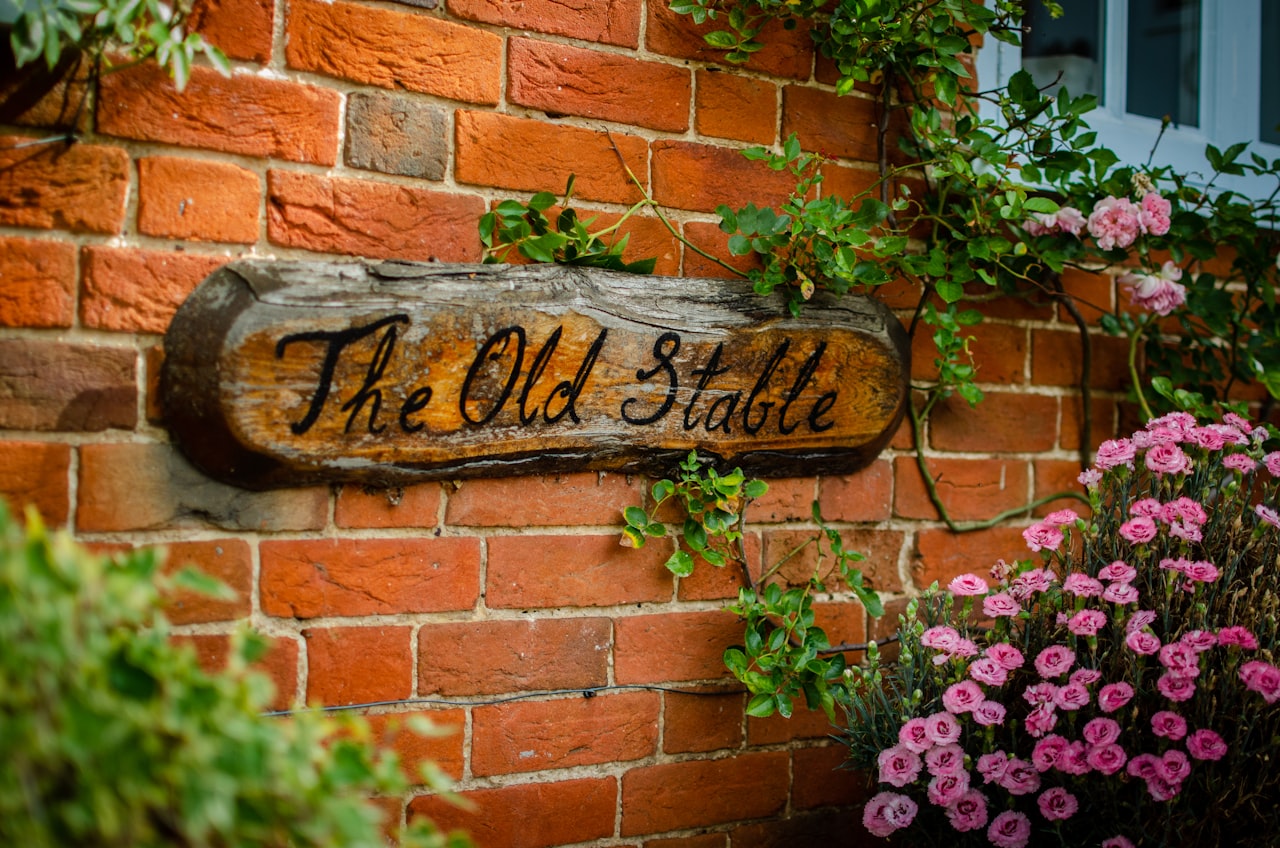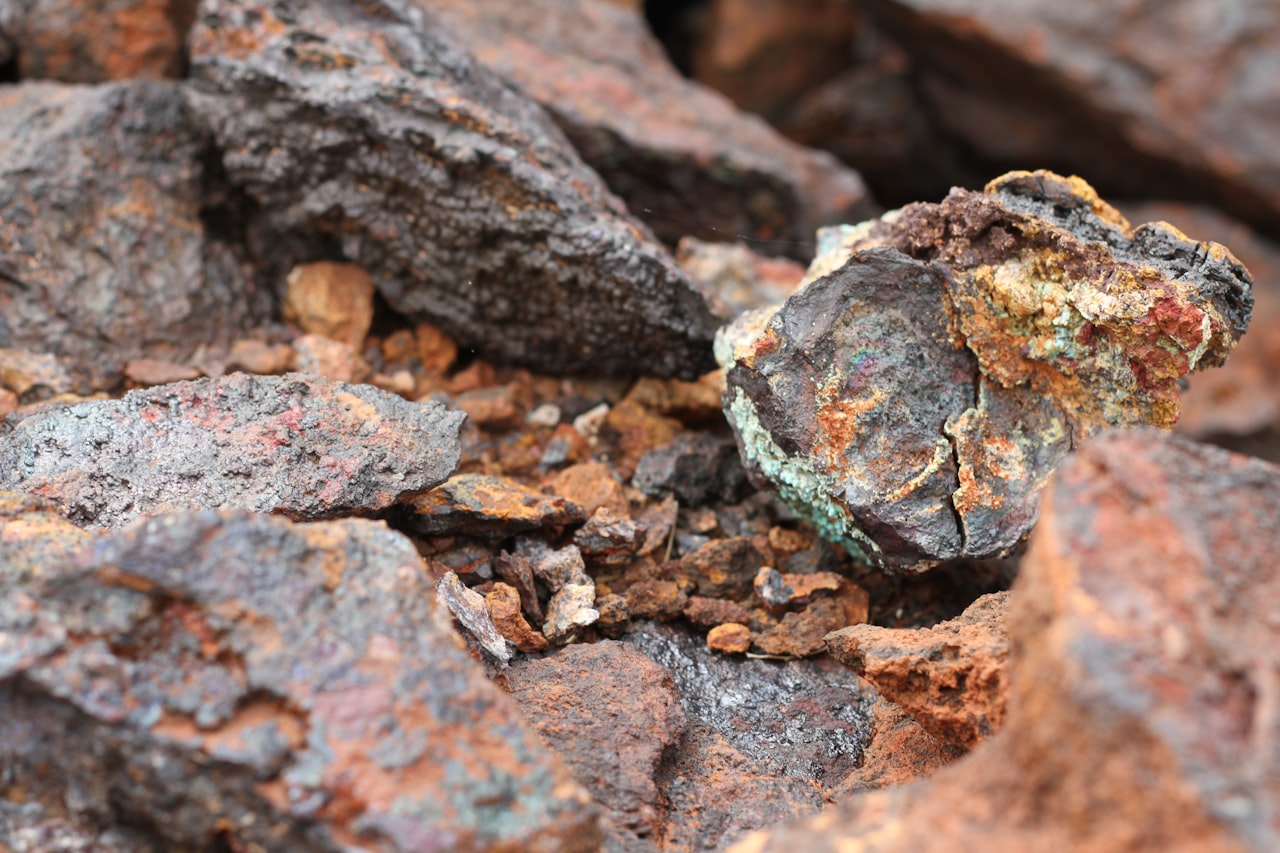The climate in Central North Carolina is ideal for horses and humans alike. We are far enough inland that we seldom get the full impact of tropical storms and hurricanes and far enough east of the mountains that we miss most of the snow. The average annual high temperature for Raleigh is 70 degrees and the average low is 50 degrees. This gives us a long riding season, with horse activities scheduled all year around. It is also an ideal climate for growing hay which translate into a good supply of quality hay at reasonable prices. That is not to say we do not have short periods of severe weather from time to time. In those rare times special horse care is needed.
Spring Horse Care
Spring is one of the equestrian’s favorite seasons. Franklin, Wake, Chatham and Granville Counties have open woodlands and fields that are especially beautiful in spring. The dogwood and redbud are in bloom, the temperatures are mild, and we are ready to ride.
This season of transition sometimes spurs stormy weather: thunder storms, high winds and even occasionally a tornado. The big question that comes up often is do we leave out horses in or out? According to the American Association of Equine Practitioners if the pasture has good fencing and limited trees, it is probably best to leave horses outside. NC State Extension has a good fact sheet on hurricane preparedness that can be applied to any severe weather with high winds. You can find it
here.
So, keep an eye on the weather, with is usually beautiful in the spring, and enjoy riding except when there is a storm warning in your area.
Summer Horse Care
In the South it gets hot and humid in the summer. When the temperature rises your horse can become over heated and dehydrated. The first line of defense is to make sure your horse has palatable water to drink. Horses drink at least 10-12 gallons a day. They will not drink water that is dirty or hot. Clean automatic waters daily and check to make sure they are in good working order. Empty and clean and refill buckets every day. Check them several times, refilling as needed. Do the same with your outdoor water troughs – empty and clean daily. This prevents algae growing in the trough and provides your horses with fresh, cool water. Place the trough in a shady area in the summer. Water is most palatable at 45° to 65ºF. Horses will not drink hot, scummy water. When they are not drinking enough water, their system can’t regulate their body temperature. This can cause colic and other health problems.
If horses are outside they need well ventilated shade – trees or a run-in shed. If it is humid and 90º or over it is too hot to ride. Ride early in the morning or late in the evening to avoid him getting over-heated and dehydrated. After riding give your horse a good hosing off and walk him in the shade until he is breathing normally which is 8-10 breaths per minute. If your horses are kept inside the barn a fan will help with ventilation and cooling your horse during extreme temperatures.
Autumn Horse Care
Autumn brings with it relief from the summer heat. We look forward to the fall color and long, leisurely rides with the nutty aroma of the woods and cooler breezes.
Hurricane season starts June 1 and runs through November in North Carolina. The good news is they seldom reach central North Carolina. But, once in a long while we will have one track inland and reach our area. Again, refer to the fact sheet by NC State Extension. Read their recommendations before hurricane season starts.
Winter Horse Care
Franklin, Wake, Chatham and Granville Counties have relatively mild winters. While we sometimes have a “cold snap” of temperatures in the teens or more rarely signal digits, the average low temperature is in the mid-thirties. Central North Carolina usually has only a couple of snows. The snow doesn’t stay on the ground long, so if you want to take a ride act quickly before its all gone. A good tip to make riding in snow safe is to “grease” the bottom of your mount’s hooves to prevent snow from packing in and causing the foot to lose traction. A hoof conditioner or even lard or butter will work.
Water is as important to consider in your horses’ winter care as it was in summer. If the water is too cold the horses will not drink which can cause colic. It is not enough to just break the ice off the water trough and buckets. You should empty and refill – sometimes more than once on those rare sub-freezing days – to insure your horse has access to clean water at a palatable temperature.
To blanket or not to blanket is a question many horse owners ask. The truth is, unless you have body clipped your horse, or it is sick or very old, your horse does not need a blanket. Nature has provided him with a nice fur coat.
You may not be riding as much in the winter but that doesn’t mean you can ignore your horse. Stalls still must be cleaned and your horse needs exercise and turnout. You should groom your horse and clean its hooves daily. While you groom look for any injuries that may be hiding under that thick winter coat. In addition, daily contact will enable you to know how your horse is feeling and catch any illness before it advances.
Spring comes early in our area, so it won’t be long before you’re in full swing enjoying your horse in pleasant weather again. We hope you have enjoyed this article on NC Climate and Caring for Horses.












